Uzbekistan supports China–Central Asia connectivity with new energy and tech initiatives
Shavkat Mirziyoyev delivered a speech at the second “Central Asia–China” summit held in Astana.
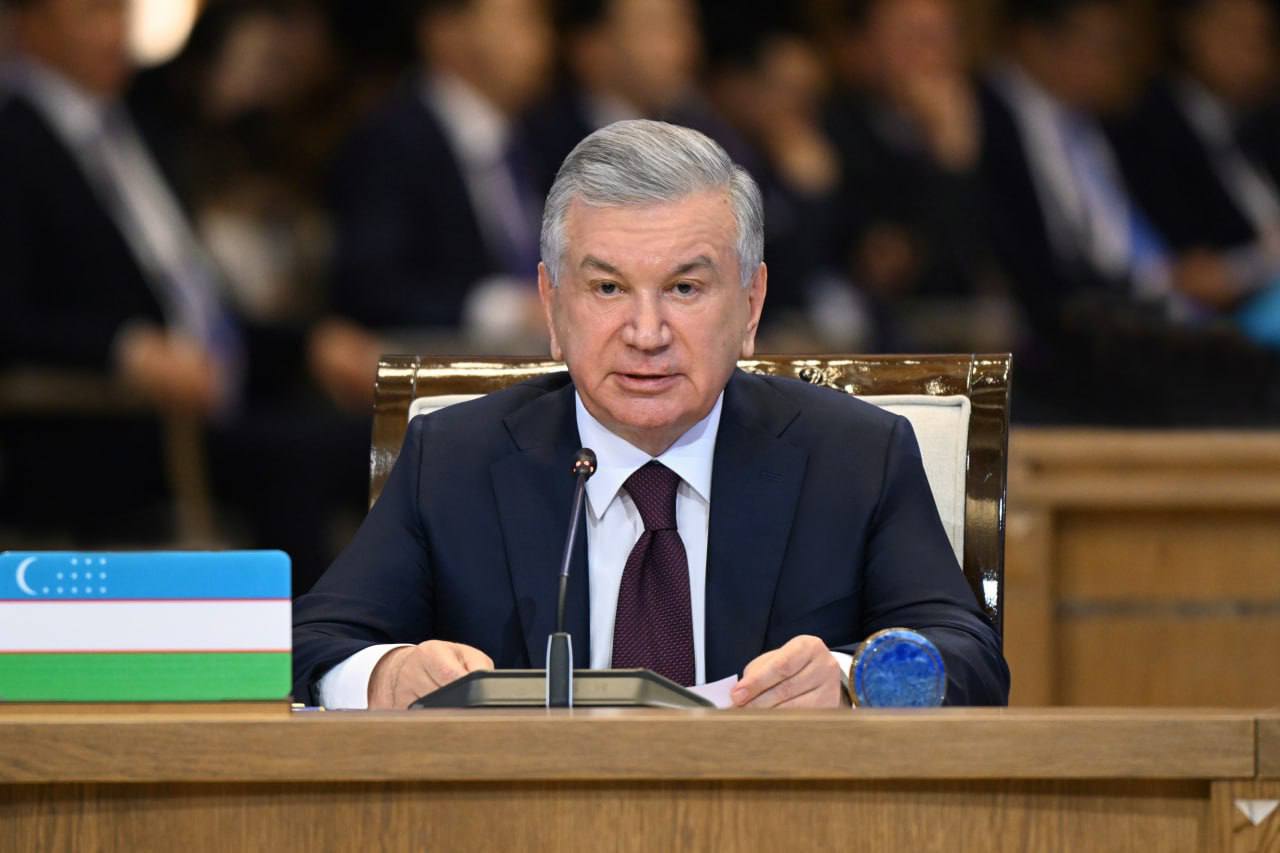
During his address, the president proposed establishing an Interregional Council on Trade and Investment at the deputy prime minister level, with the first meeting to be hosted in Uzbekistan by the end of this year. He also suggested launching a multilateral trade platform titled the “Electronic Silk Road” under the framework of the Digital Belt and Road initiative, setting up a Regional Center for Industrial Standardization and Certification in Tashkent, and adopting a separate roadmap for technology transfer.
To strengthen industrial and infrastructure connectivity, Mirziyoyev proposed the development of a long-term strategy titled “Industrial and Infrastructure Belt: Central Asia–China.” This initiative aims to establish interconnected systems of industrial clusters, technology parks, and logistics hubs with the involvement of Chinese investment, technologies, and scientific solutions.
“Our energy ministers should thoroughly study the integration of Central Asian and Chinese power systems, including the implementation of the megaproject to construct a high-voltage transmission line,” Mirziyoyev stated.
Citing expert estimates, the president noted that the infrastructure investment gap in Central Asia amounts to hundreds of billions of dollars. In this regard, he proposed exploring the establishment of a “Central Asia–China Development Fund” to advance infrastructure initiatives.
Another key priority highlighted was the development of transport connectivity between Central Asia and China. Mirziyoyev expressed hope for support in implementing the Trans-Afghan Railway project, which would connect China with South Asia through Central Asia.
The president proposed that transport authorities form expert groups to conduct field studies, assess the potential for modernizing logistics infrastructure, and implement pilot freight transport projects via alternative corridors.
“By our next meeting, these expert groups should deliver concrete and well-substantiated proposals for the creation of a unified map of transport corridors and modern transit infrastructure,” he emphasized.
Addressing the impacts of climate change, Shavkat Mirziyoyev stressed that applying China’s advanced experience in the region could significantly reduce risks and enhance the effectiveness of measures related to the green agenda and environmental protection. He also proposed establishing an Environmental Alliance focused on combating desertification, rehabilitating degraded lands, and improving ecological resilience in arid and desert areas.
According to him, by leveraging Chinese expertise and methodologies, pilot projects could be launched in Central Asia that involve large-scale greening, the creation of nurseries, the advancement of bioengineering, the installation of biomonitoring stations, and the implementation of social and educational programs.
Another promising area of cooperation, he noted, lies in artificial intelligence and digital technologies. Uzbekistan supports the construction of a Digital Highway – fiber-optic communication infrastructure along major energy and transport routes within the “Central Asia–China” corridor.
“This will lay the groundwork for expanding online commerce, smart logistics, cloud technologies, and artificial intelligence – key areas of the digital agenda outlined in the Xi’an Declaration,” the president added.
Related News
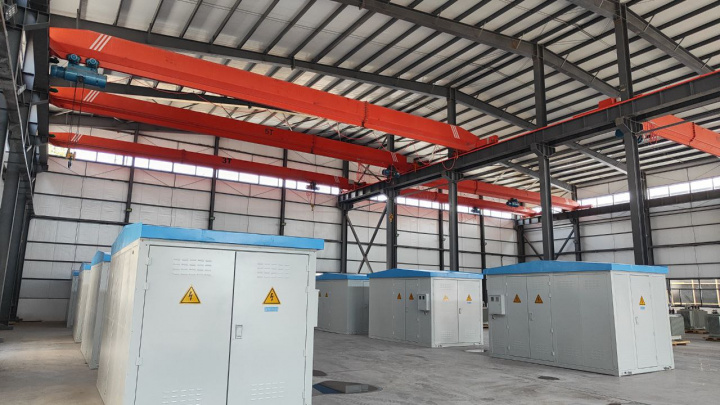
17:41 / 02.08.2025
China’s Holley Technology launches transformer production in Angren
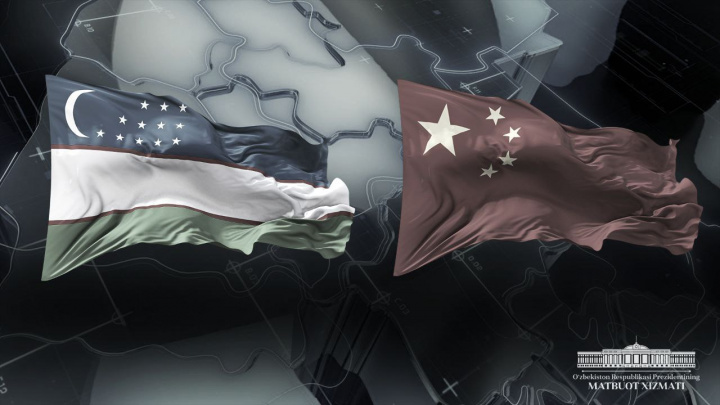
16:33 / 02.08.2025
Shavkat Mirziyoyev offers condolences to Xi Jinping following floods in Beijing
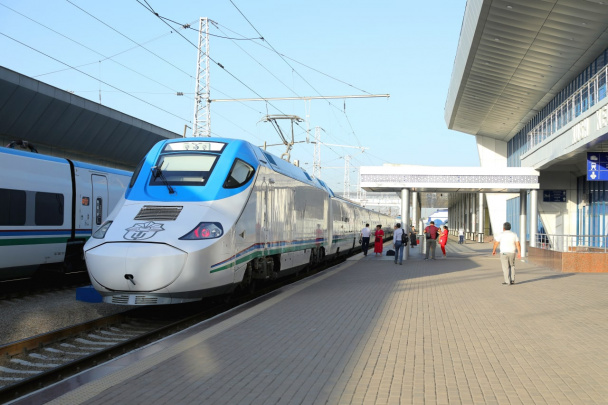
12:45 / 30.07.2025
Uzbekistan to boost Tashkent – Samarkand railway capacity ahead of high-speed project
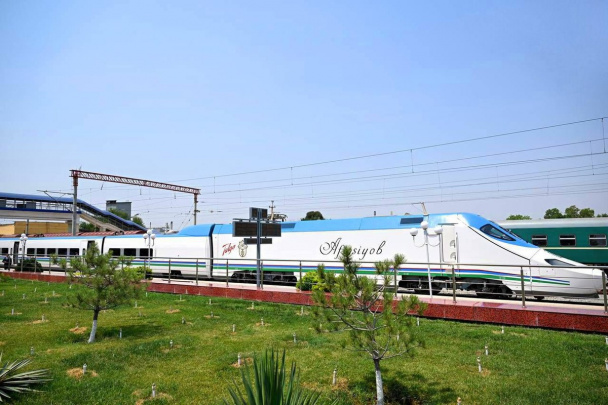
17:41 / 29.07.2025



